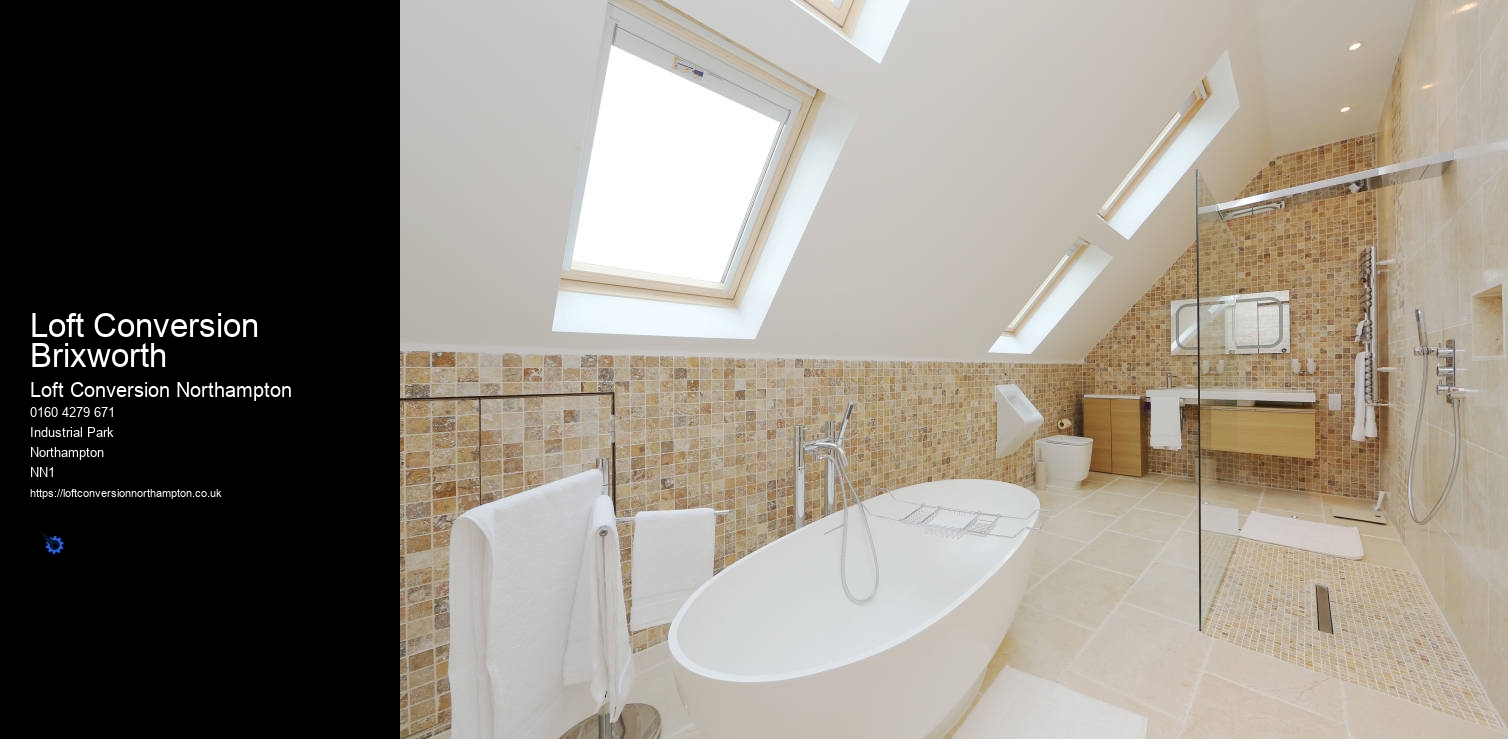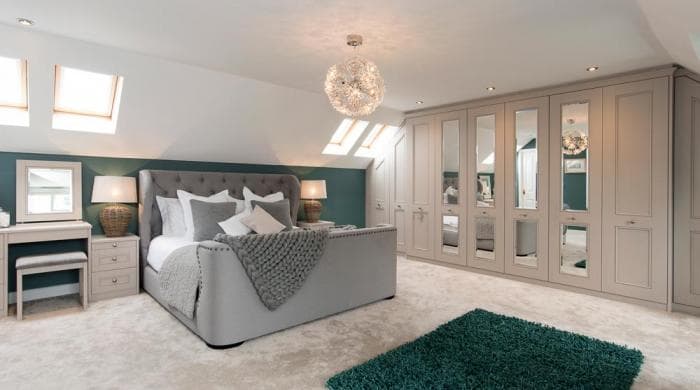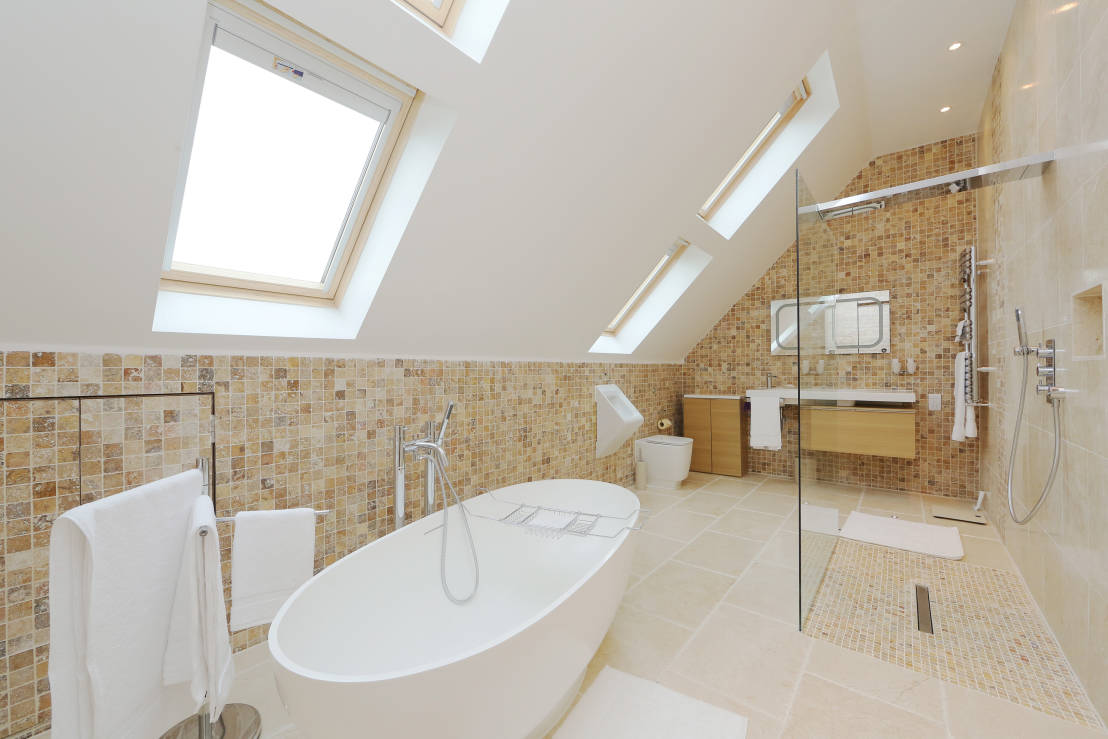Loft Conversion Cost Northampton
The next step is the construction work, which usually takes around 4 to 6 weeks to complete. During this stage, workers will install partitions, ceilings, stairs, and other elements to create the extra living space. This process also involves wiring, plumbing, and installing insulation.
The next step is to get quotes from local builders. Make sure to get at least three quotes to ensure that you’re getting the best price. Ask the builders for a detailed breakdown of the costs and make sure to include any extras that you may need.
In terms of cost, loft conversions are typically cheaper than an extension. This is because the conversion works with the existing structure of the house, so there is no need to build additional walls or foundations. Additionally, converting your loft requires less labour and materials than an extension.
Loft conversions are an increasingly popular way to add extra living space to your home, but there is a common misconception that they take up a lot of space. It is true that a loft conversion can take up some space in your home, but it is important to understand that this depends on the type of loft conversion you choose. In Northampton, the most popular type of loft conversion is the dormer loft conversion, which is very space-efficient.
When it comes to deciding whether to invest in a loft conversion, one of the most commonly asked questions is ‘will converting my loft add value to my home?’ The answer is yes – but it’s not quite as simple as that.
Next, you'll need to consider the materials you'll be using. If you opt for high-quality materials like cedar shingles or slate tiles, the cost will be higher than if you use less expensive materials like asphalt shingles. Other factors you'll need to consider include the size of the dormer, whether you hire a professional to do the work, and the cost of any additional building permits or inspections that may be necessary.
Extensions provide a great way to add additional living space to your home, but they are more expensive than loft conversions. Extensions require planning permission and you will also need to factor in the cost of new foundations and structural work.
Loft conversions are a great way to add space and value to your home without sacrificing existing space. They are usually cheaper than extensions, as they don’t require any new foundations or structural work. However, they do still require planning permission and you will need to ensure that the headroom in your loft is sufficient for a conversion.


